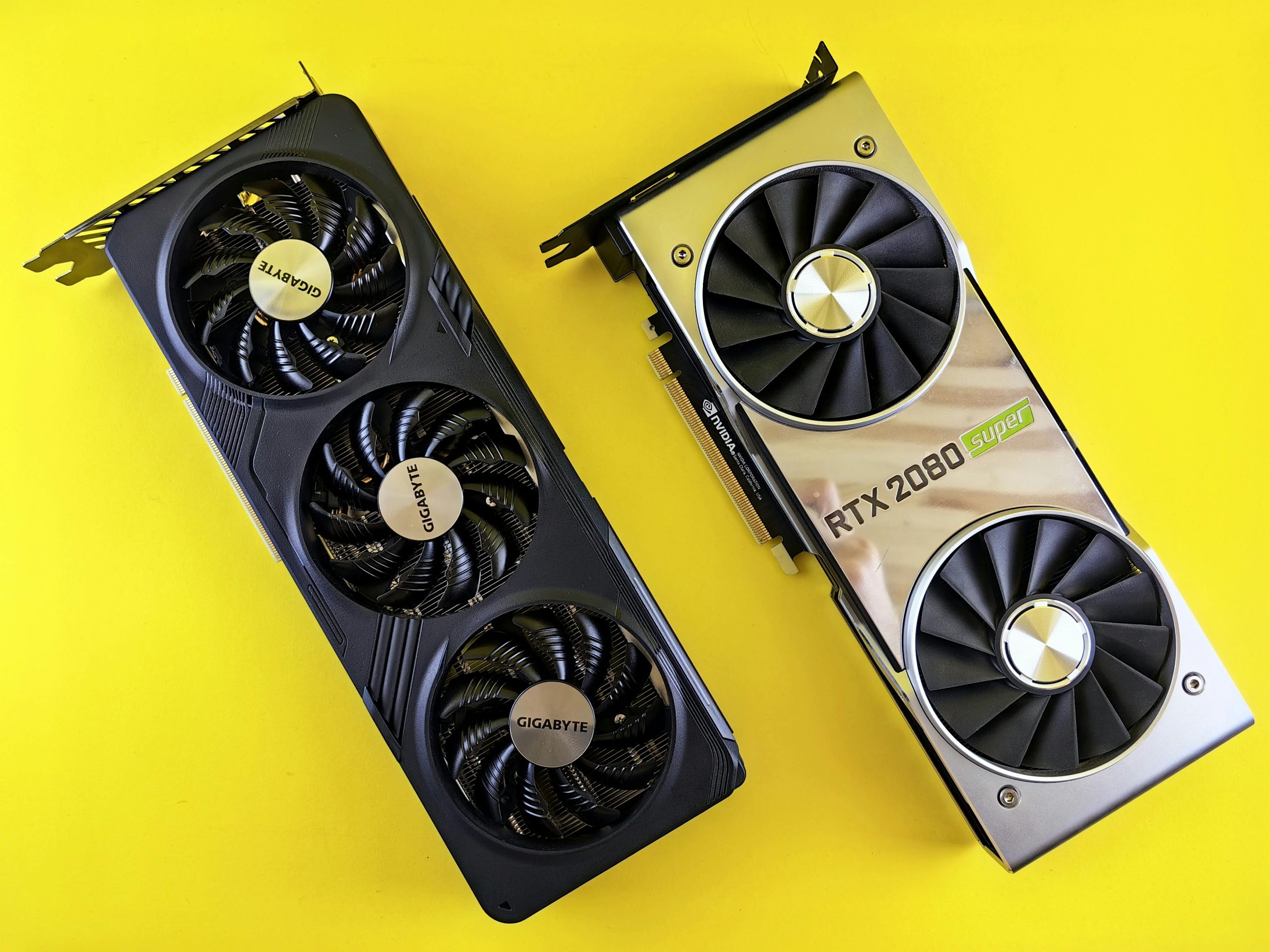The Impact of Vanguard Anti-Cheat on GPU Hardware: A Personal Experience
In the world of gaming, anti-cheat systems are vital for maintaining fair play. However, recent experiences highlight potential risks associated with certain implementations. A user recently shared their encounter with Vanguard, an anti-cheat system developed by Riot Games, which resulted in severe hardware consequences.
The Scenario
The journey began with an attempt to update Windows. An error message impeded the process, prompting the user to search for solutions. The advice discovered online recommended removing Vanguard to resolve the update issues. Following this guidance, the user uninstalled Vanguard, restarted their PC, and then attempted to launch applications. Unfortunately, immediately upon startup, the display output corrupted—a black screen appeared, and the system suddenly shut down.
Confirming the Damage
Over the subsequent days, multiple troubleshooting efforts proved unsuccessful. The user, along with others, tried various recovery methods but to no avail. A comparison of GPU-Z reports from two weeks prior revealed alarming discrepancies: the graphics card’s VRAM had been significantly compromised, and notably, the VBIOS (Video BIOS) appeared to have been altered or corrupted.
Hardware Implications
The affected hardware was a three-year-old NVIDIA RTX 3090, custom water-cooled, and previously stable. The user expressed disbelief and frustration, emphasizing that there was no reasonable explanation for such extensive damage in such a short period, especially since the GPU was expected to serve for several more years. The suspicion is that Vanguard’s kernel-level operations—core components with deep access to system hardware—may have inadvertently or otherwise caused the damage, including potential modification of the VBIOS and VRAM deterioration.
Concerns and Takeaways
This experience underscores the importance of understanding the potential hardware risks associated with certain anti-cheat systems, particularly those with kernel access. While they are effective in combating cheaters, their low-level operations can have unintended consequences on system stability and hardware lifespan.
Final Thoughts
The individual expressed a strong stance for future gaming choices, vowing to avoid titles that employ such invasive anti-cheat technologies. This incident serves as a cautionary tale for gamers and hardware enthusiasts alike: always consider the potential hardware implications of software that deeply integrates with system components.
Conclusion
Integrating anti-cheat measures is essential for fair play, but this should not come at the expense of hardware integrity. Users are encouraged to research and weigh the risks before installing systems with kernel-level access. Manufacturers
Share this content:



